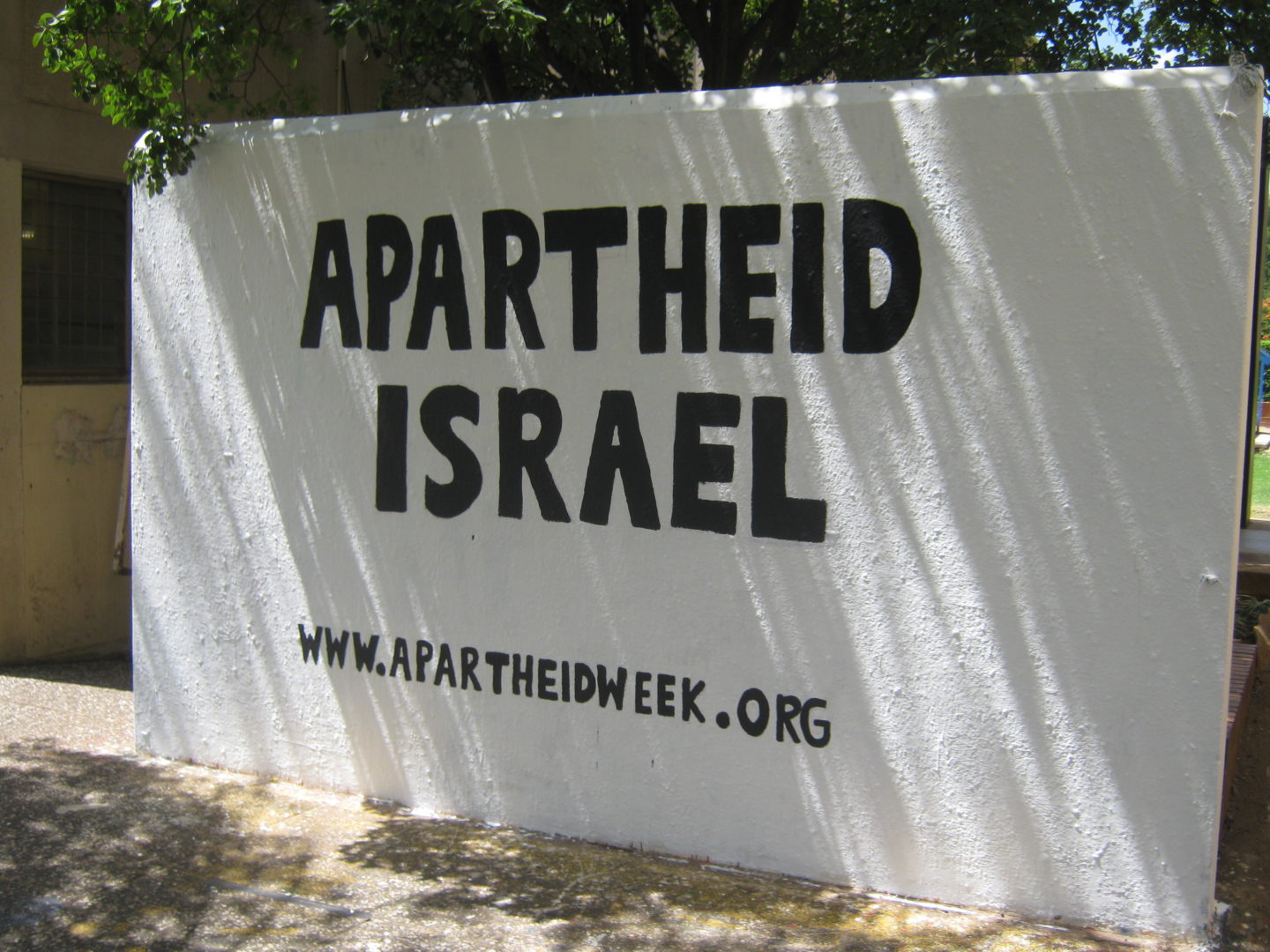The open letter 158 McGill University professors addressed to principal Suzanne Fortier denouncing the boycott movement, supporting Israel, and upholding academic freedom, has made headlines from Canada to Israel. Inevitably, in an ad hoc, grassroots initiative like this, not every anti-boycott and pro-democracy professor was reached. As someone who helped circulate the letter, I wish to apologize to every colleague we missed and every McGill prof who would have signed.
Having made that apology, allow me now to push back a little. First, it’s not too late. Email me and I’ll gladly add your name. But second, and more importantly, have you wondered why you were overlooked? Perhaps you haven’t stood up for Israel, for academic freedom, or against the boycott, divestment and sanctions (BDS) movement. Emeritus law professor, human rights advocate and former justice minister Irwin Cotler wasn’t overlooked, to take the most conspicuous example of someone who lives his principles. And for all non-McGill readers, ask yourselves if you’d be overlooked in similar circumstances. Would you be solicited, or perhaps would you be an initiator?
READ: BDS REVIEW AT MCGILL WILL LIKELY STAND WITHOUT RATIFICATION
No, we don’t all have to be human rights heroes like Cotler, but we all must face a basic challenge. There’s a global clash today between the forces of freedom and the forces of totalitarianism. And while there’s room to debate Israel’s policies, there’s little doubt that Israel, whatever its flaws, is on the side of freedom. Similarly, whatever justifications they have, Palestinians have allied with the side of totalitarianism and terror. Subject the two sides to these tests regarding terrorism and military ethics: who targets civilians on purpose and celebrates killers of civilians, and who tries to minimize civilian damage when forced to defend themselves? Who hides weapons and fighters among civilians and who doesn’t? Who has a code of military ethics, taught in democratic armies worldwide, and who helped spawn the current terrorism epidemic?
How about some tests regarding democracy and human rights: which side is sexist, homophobic, dictatorial, and anti-democratic (with a “moderate” leader in the 10th year of his four-year term), and which side has frequent, fair elections, the rule of law, women’s rights, equal rights, and offers refuge to gays and lesbians fleeing oppression?
This fight goes far beyond the Arab-Israeli conflict. The front lines are in Iraq Afghanistan, Syria, Sudan, London, Paris, San Bernadino and Ottawa.
All of us must ask ourselves, in the quiet of our hearts, in the still of the night: have I been a bystander in this massive clash of civilizations or not? Unfortunately, too many of us are too comfortable or too disengaged or too confused to act. Unfortunately, too many of us are overlooked when the time comes to take a stand, because we look askance at the problems and consistently fail to stand for freedom.
READ: REMEMBERING WHAT EDUCATION IS ALL ABOUT
Those who say they don’t know what to do or have no power are selling themselves short. In your community, in your workplace, there are opportunities to be proactive, not just reactive. And the Internet empowers everyone to boycott-bust. Simply liking on Facebook is at least standing publicly for something. There are many opportunities to buy Israeli products and sign a petition or start your own denouncing the boycotters. All academics should sign similar open letters, before the BDS cancer metastasizes to their campus. I would love to see 1,000 Canadian academics join their McGill colleagues in denouncing BDS.
Decades from now, a young relative of yours may ask about today’s great clash, and they may ask what you did. I’m proud that I can tell my kids, and will be able to tell my grandkids, that I saw the challenges and did my best to fight for freedom – just as our ancestors did.
